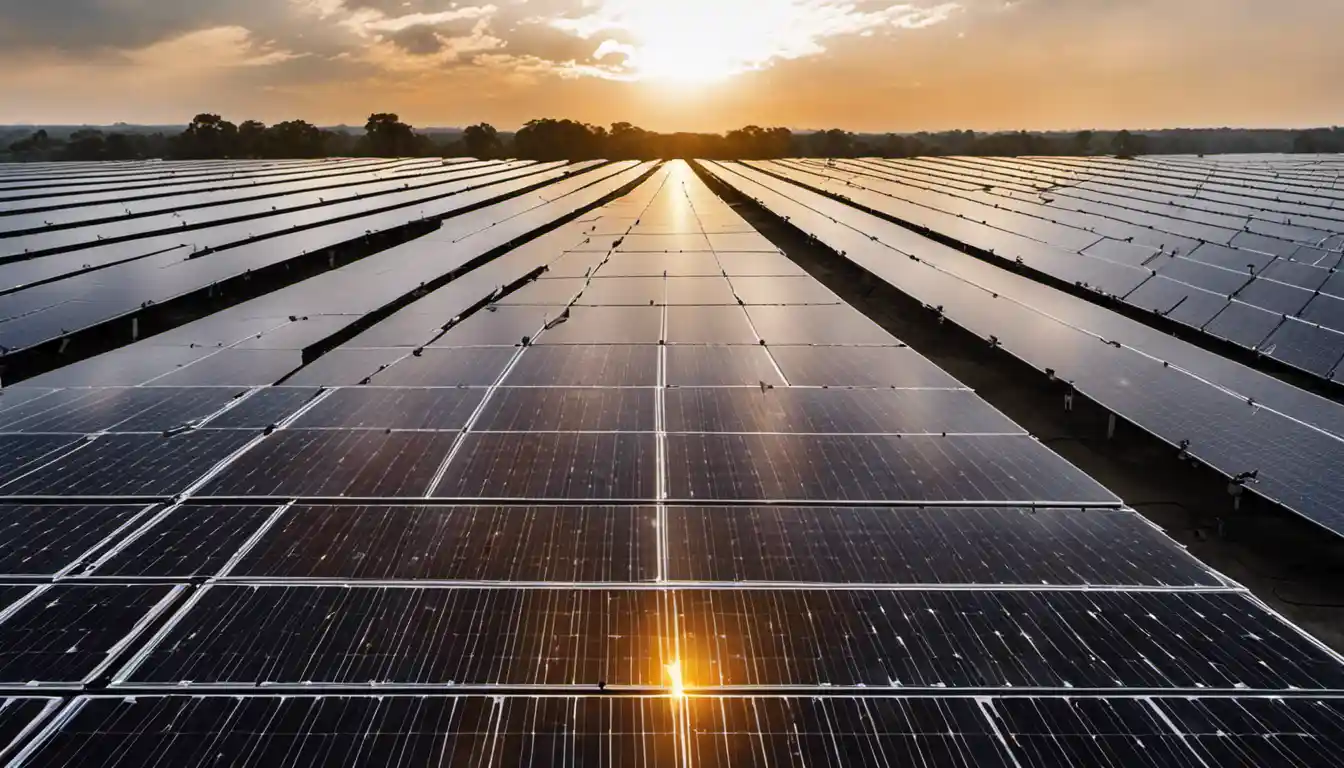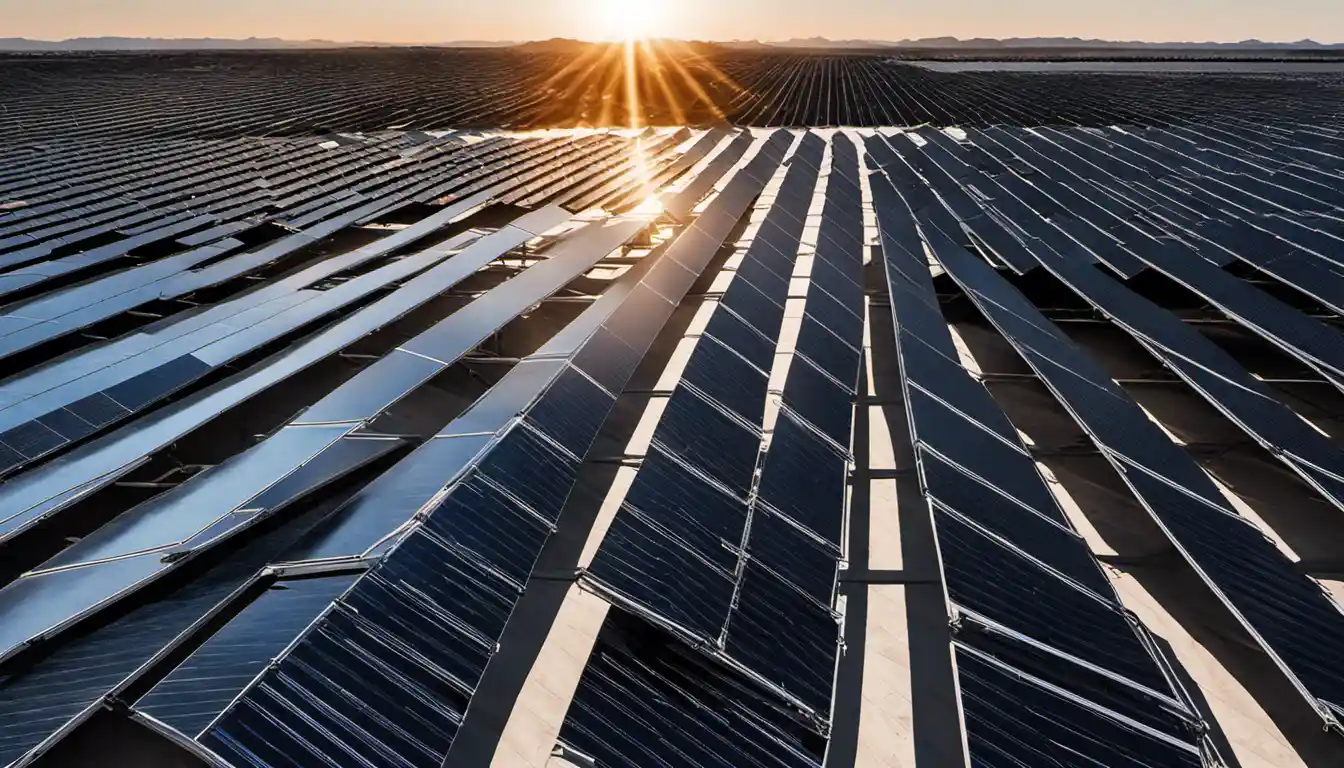Understanding the Role and Responsibilities of a Solar Photovoltaic Installer
To become a solar panel installer, you typically need a high school diploma as a minimum education requirement, though some employers may prefer you to have further education or training. You may choose to participate in a technical school program or a community college program that offers courses in solar panel installation. Further, obtaining certification from organizations like the North American Board of Certified Energy Practitioners can also boost your employment prospects.
As a solar photovoltaic installer, also known as a solar panel installer, you play an integral role in our transition towards renewable energy. Your job is to assemble, install, and maintain solar panel systems on rooftops or other structures. You’re the backbone of the operation, converting sunlight to electricity.
The work environment is mostly outdoors, under the brilliant sun. It may involve climbing ladders, hoisting heavy solar panels, working with intricate electrical wiring, and sometimes contending with the forces of nature. It’s not a job for the faint-hearted, but the rewards and potential impact on our environment can be immense.
There are potential risks and injuries in the field, like any other construction-type job. However, proper training and safety standards significantly mitigate these risks.
Steps to Becoming a Solar Photovoltaic Installer
High School Education and Further Studies

To break into the field of solar photovoltaic installation, you should start your journey in high school. Classes in mathematics, physics, and vocational subjects form the foundation upon which your future knowledge will be built.
Once you’ve graduated from high school, consider enrolling in a post-secondary program at a community college or vocational school that offers courses in photovoltaic energy or related subjects. The coursework usually includes classes in photovoltaic design, energy efficiency, and safety protocols.
Acquiring Certifications and Licenses
Professional certifications can give you an edge in the competitive job market. The North American Board of Certified Energy Practitioners (NABCEP) offers certification to solar panel installers. A certified installer is viewed by employers as more equipped and reliable thus boosting your employability.
State licensing requirements vary, always make sure you understand these ahead of time. Some states don’t require a specific solar installation license but do require a general contractor’s license. Here’s a helpful resource for all state licensing requirements.
Required Skills and Qualities of a Solar Photovoltaic Installer

Great solar installers generally have a background in construction, combined with physical agility and attention to detail. Knowledge in science, technology, engineering, and math (STEM) is beneficial, as is understanding the relevant codes and standards.
Training to Become an Effective Solar Photovoltaic Installer
Training centers, certification programs, licensing education, and trade schools offer a wealth of opportunities for budding solar panel installers. Some companies even offer in-house training programs, giving you the practical experience you need.
Training duration varies depending on your chosen path. General courses can take a few weeks to complete, while more advanced courses and in-house training programs typically last a few months.
Advancing Your Career in Solar Panel Installation

On-the-job training plays a pivotal role in career progression. As you work and learn, you gain practical experience and expertise. Stay abreast of the latest advancements in the solar industry by pursuing continuing education opportunities.
Pay Scale and Job Outlook for Solar Photovoltaic Installers
The solar industry is booming. Over the next decade, the employment of solar photovoltaic installers is projected to grow much faster than the average for all occupations. The median annual wage for solar photovoltaic installers was around $44,890 in May 2020, according to the Bureau of Labor Statistics.
Important Considerations in Solar Photovoltaic Installation
Your certification or license duration varies. Always ensure your credentials are up-to-date.
There are plenty of career advancement opportunities in the field. With experience, solar photovoltaic installers can advance to become supervisors, managers, or even start their own solar installation companies.
With the right education and training, a career in solar panel installation can be both rewarding and lucrative. Remember, it’s not just a job; you’re playing an integral part in pushing the world towards a greener, more sustainable future.



